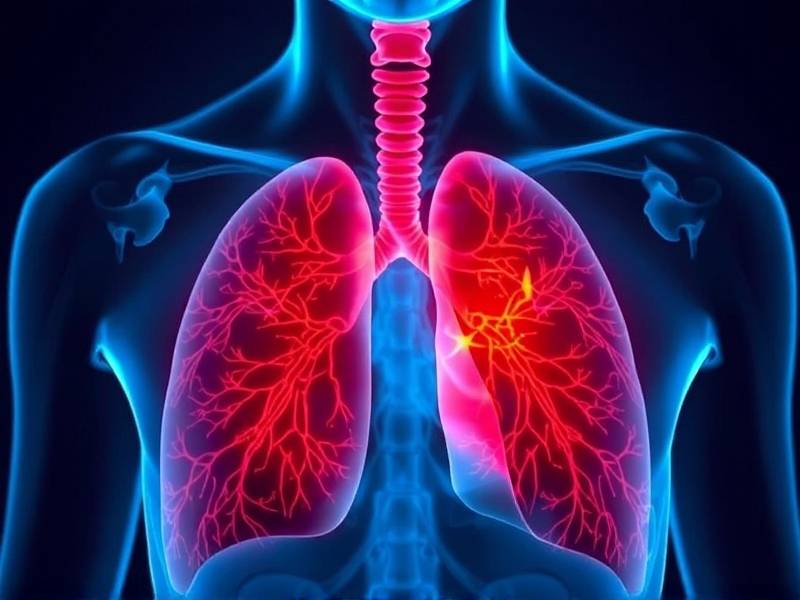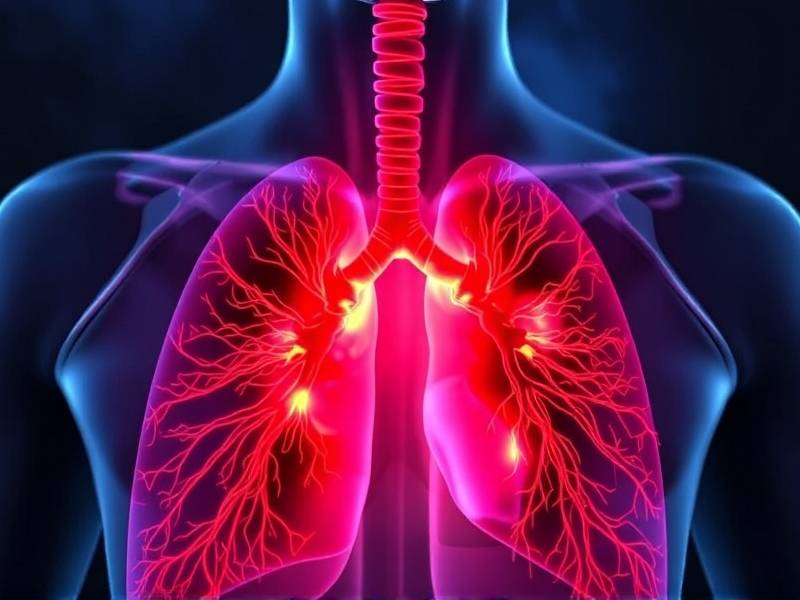Can You Get Lung Cancer After Quitting Smoking?
The Myth of Lung Cancer After Quitting Smoking: What You Need to Know
Introduction: The decision to quit smoking is a monumental step towards a healthier life. Many smokers are motivated by the health risks associated with tobacco use, including lung cancer. However, there's a common misconception that once you quit, it's too late to avoid lung cancer. In this article, we'll explore whether quitting smoking can still protect you from lung cancer and what the latest research has to say.
Understanding the Risk Reduction

1. Immediate Benefits of Quitting
When you quit smoking, your body begins to repair itself almost immediately. Within 20 minutes of quitting, your heart rate and blood pressure drop, and carbon monoxide levels in your blood decrease. These are just the beginning of the many positive changes that occur as your body starts to heal.
2. Long-Term Risk Reduction
Over time, quitting smoking significantly reduces your risk of developing lung cancer. According to the American Cancer Society, within 5 years of quitting, your risk decreases by half compared to a smoker's risk. After 10 years without tobacco, your risk continues to decrease and approaches that of someone who has never smoked.
Debunking the Myth: Can You Get Lung Cancer After Quitting?
The myth that you can still get lung cancer after quitting smoking stems from a misunderstanding of the disease's progression and the body's healing process.
1. Timeframe for Healing

It's important to understand that it takes time for the body to repair itself after years of smoking damage. While quitting does not guarantee complete reversal of all damage, it dramatically slows down the progression of diseases like lung cancer.
2. Genetic Factors
Some individuals may have genetic predispositions that make them more susceptible to developing lung cancer even without smoking. However, quitting smoking can still significantly reduce these risks.
What Does Science Say?
Research published in The Lancet suggests that while it is possible for someone who has quit smoking to develop lung cancer due to pre-existing conditions or other risk factors, the overall risk is much lower than for continuing smokers.
Taking Action: How Quitting Smoking Protects Your Health
Quitting smoking offers numerous health benefits beyond reducing the risk of lung cancer:
- Improved heart health
- Reduced risk of stroke
- Better respiratory health
- Enhanced fertility
- Lowered risk of other cancers
Conclusion: While there is always a risk associated with any form of cancer, especially when considering previous exposure to tobacco products like cigarettes, quitting smoking significantly reduces your chances of developing lung cancer. It's never too late to start living a healthier life by kicking the habit. Remember, every day without smoking is another step towards better health and longevity.
